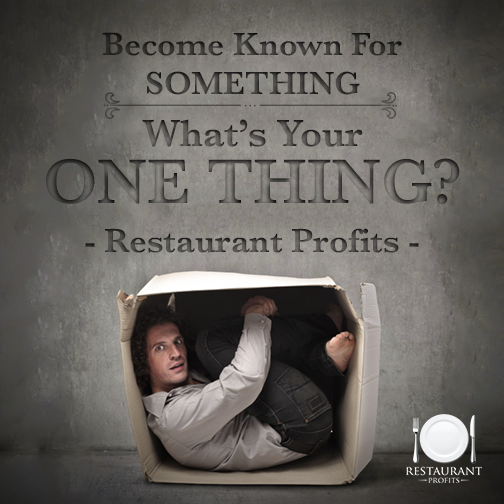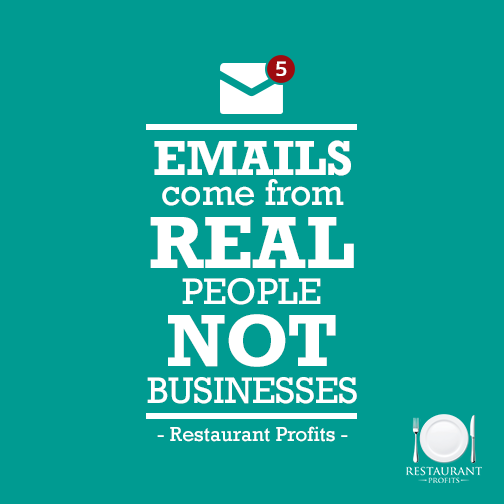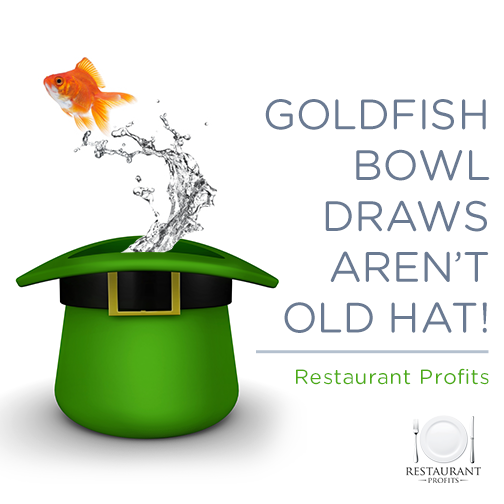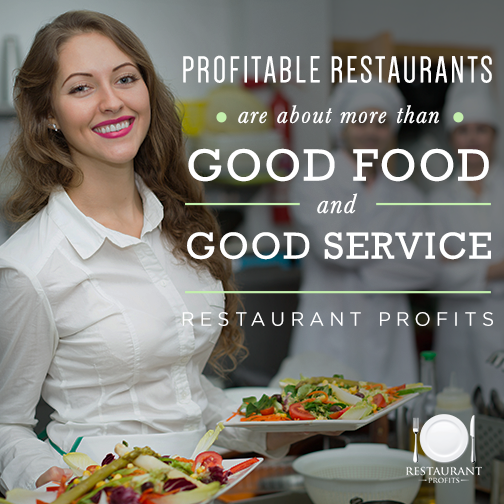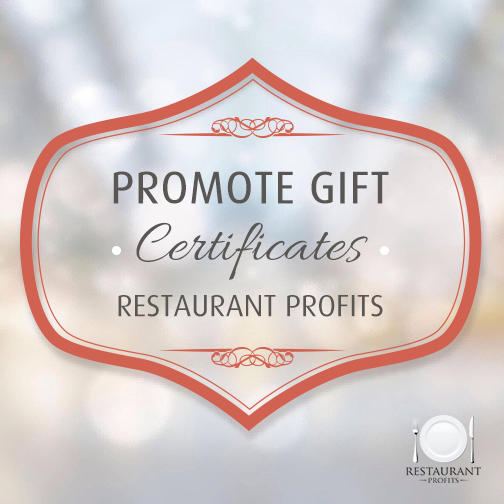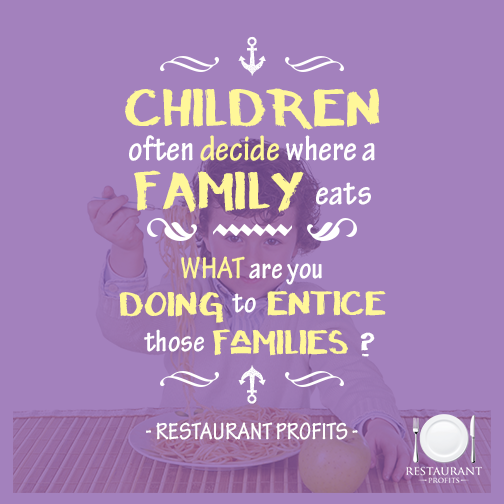The Art of Managing Success: How to Lead Your Team to Success
Leading a team to success is a critical skill for any business owner or manager.
Leading a team to success is a critical skill for any business owner or manager. In the restaurant industry, where high turnover rates and intense competition are the norm, effective team leadership is particularly important. But what does it mean to lead a team to success, and how can you do it?
At Restaurant Profits, we specialise in marketing for restaurant owners. However, we've recently been discussing the staffing shortage that has swept across the country since the COVID-19 pandemic. In this challenging environment, attracting and retaining top talent is more important than ever. So how can you manage your staff in a way that inspires loyalty, engagement, and high performance?
One book that offers valuable insights into effective team leadership is "First, Break All the Rules" by Marcus Buckingham. Published over 20 years ago, this book is still relevant today, as it draws on survey research involving 80,000 people who left their workplaces to work elsewhere. The research aimed to identify what employees are looking for in a workplace, as well as what causes them to leave.
The researchers distilled their findings into 12 questions, the first of which was:
"Do I know what is expected of me at work?"
This may sound like a simple question, but it's actually a crucial one. Employees need to know exactly what is expected of them in order to perform well, feel valued, and stay engaged with their work.
If you're a restaurant owner or manager, you may assume that your employees know what is expected of them. After all, if someone is working in the front of house, you'll assume that they know how to take orders, serve food, and interact with customers. Similarly, if someone is working in the back of house, you'll expect them to know how to prepare dishes, follow recipes, and maintain kitchen hygiene.
However, it's important to recognise that there's more to job performance than simply completing the practical tasks that are required of the role. An employee may be technically competent, but if they don't understand the values and standards that underpin your business, they may not be performing to their full potential. This can lead to frustration, disengagement, and ultimately, high turnover.
To avoid this scenario, it's crucial to communicate your values and standards clearly to your employees. This means explaining why you do things a certain way, what you expect of your staff, and how you measure success. Without clear communication, your employees may feel confused about what they're supposed to do and why they're not meeting expectations.
When employees don't understand what is expected of them, they may start to ask themselves questions like:
● Why am I not getting the recognition I deserve?
● Why am I getting in trouble for doing what I thought was the right thing?
This is why it's important to have open, honest conversations with your employees about their performance. You may need to point out areas where they're falling short, but it's equally important to relate this to your business values so that they can improve not just “what” they do and “how” they do it but how it fits into the business’ “why”.
At the same time, it's important to recognise that each employee is unique, with their own strengths, weaknesses, and motivations. This means that effective team leadership requires a personalised approach. You may need to adjust your management style, communication style, or expectations to suit each individual employee.
Finally, it's important to reward and recognise your employees for their hard work and accomplishments. This doesn't necessarily mean offering financial incentives; in fact, studies have shown that non-monetary rewards like public recognition, flexible schedules, and meaningful work are often more effective at motivating employees. By creating a positive, supportive work environment where employees feel valued and respected, you can build a strong, loyal team.
FOLLOW OUR SOCIALS TO GET IN TOUCH
Want to know more about marketing your restaurant? Book in for a quick, no-obligation chat with Howard by clicking the button below.






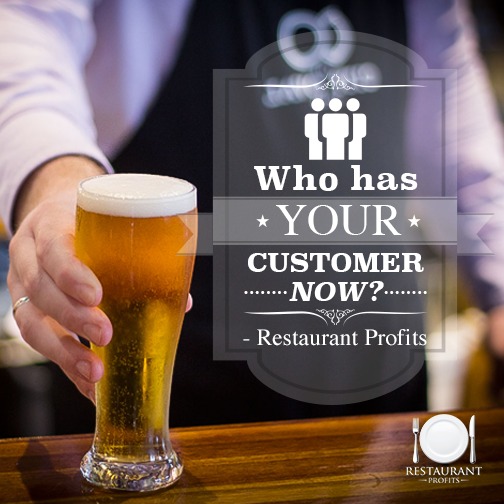
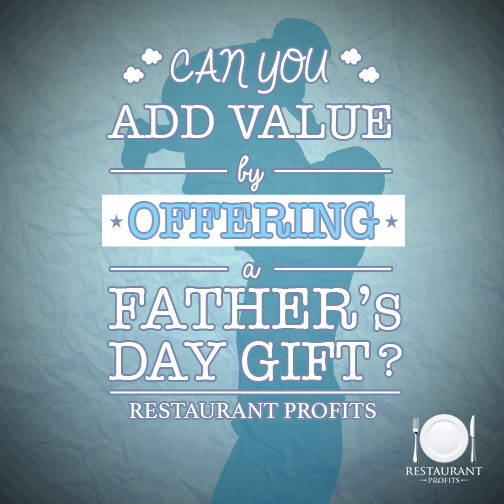
QUICK LINKS
LINKS
Privacy Policy
Earnings Disclaimer
All Rights Reserved | Restaurant Profits

